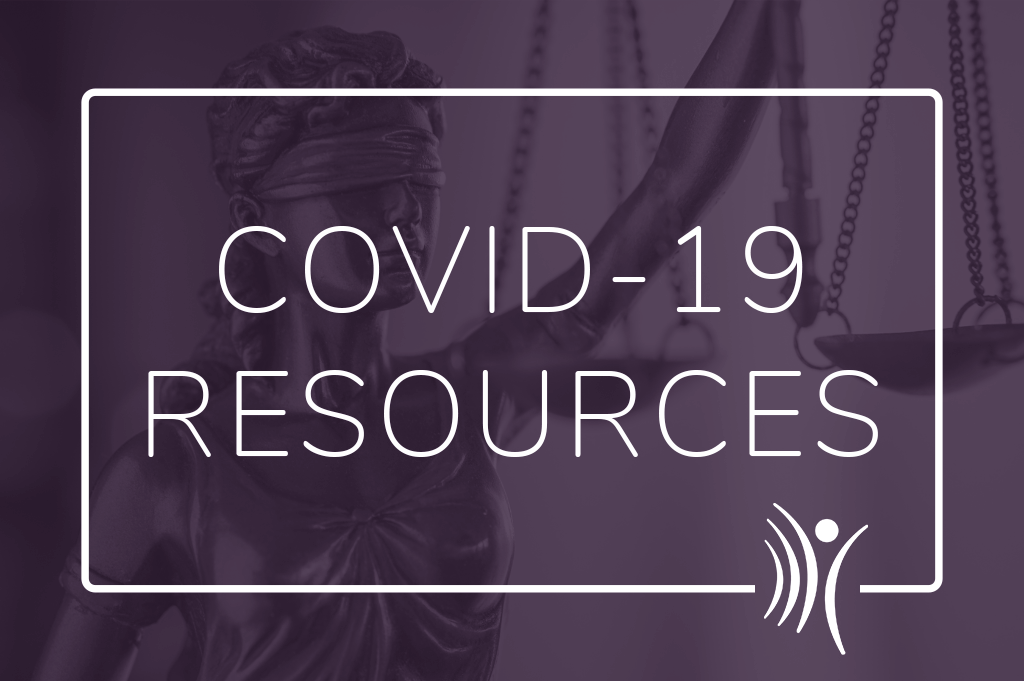
The legal term for representing yourself is Pro Se. Many of our clients find that they are unable to afford an attorney and do not qualify for free legal assistance. There are many resources available to you if you are representing yourself.
She Leads Justice offers the assistance of our community advocate. Our community advocate is available to meet with clients one-on-one to assist in navigation of the court system, proper forms, and provide support in an emotionally charged situation. While She Leads Justice does assist clients in this way, we do not have attorneys on staff and cannot provide legal advice. To make an appointment to meet with the advocate, call (860) 247-6090.
She Leads Justice and other organizations publish informational booklets on legal topics that can be helpful to clients representing themselves:
- Child Support
- How to Modify Alimony
- Child Support and Alimony
- Child Custody
- Child Visitation
- Court Costs and Fees
- Divorce Basics
- Divorce and Children
- Divorce and Money
- Do It Yourself Divorce Guide
- Pregnancy & Family Medical Leave Act
- Restraining Orders
- Sexual Harrassment in the Workplace
- Title IX
- Women, Work & Sex Discrimination
In addition to these publications, the specific steps and forms necessary to file for divorce can be found on our website here. The forms to file for custody can be found here.
Disclaimer: These booklets are intended to help individuals understand their legal rights. These booklets are not a substitute for the personalized legal advice of an attorney. She Leads Justice makes referrals to attorneys who specialize in these areas.


